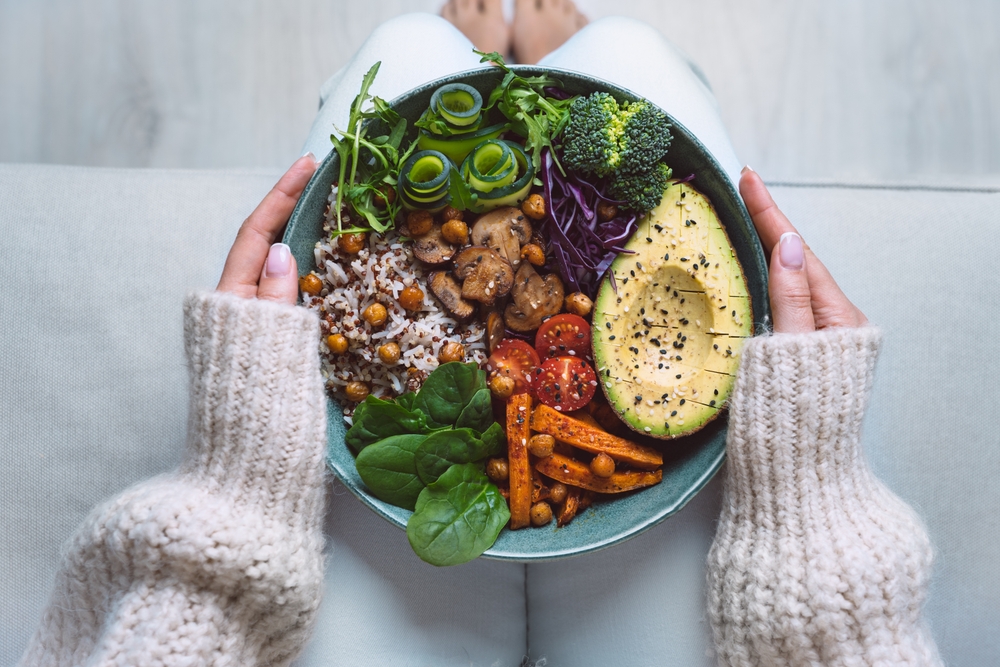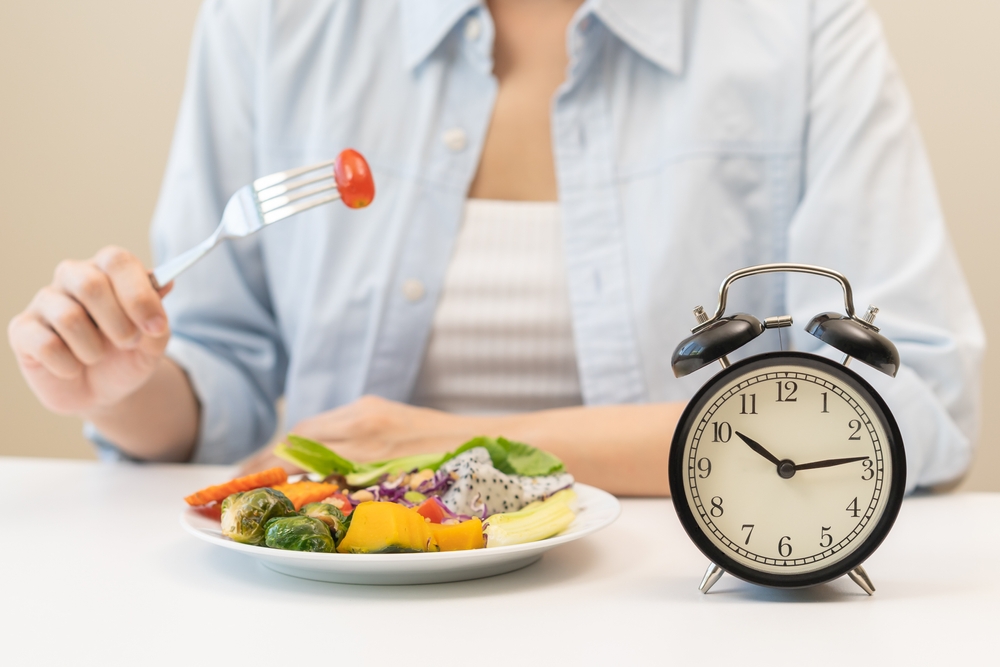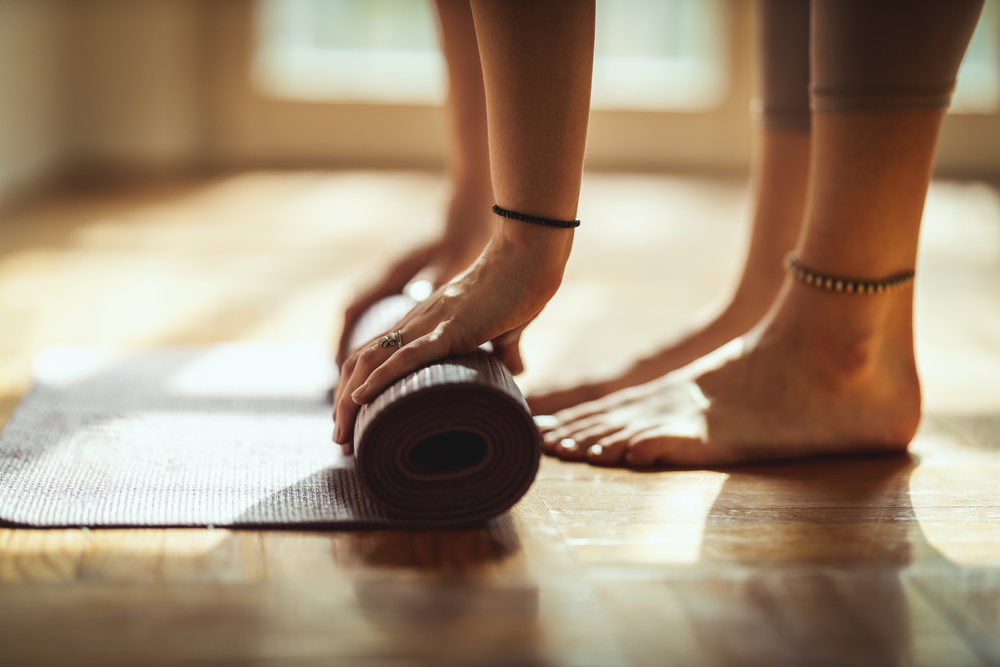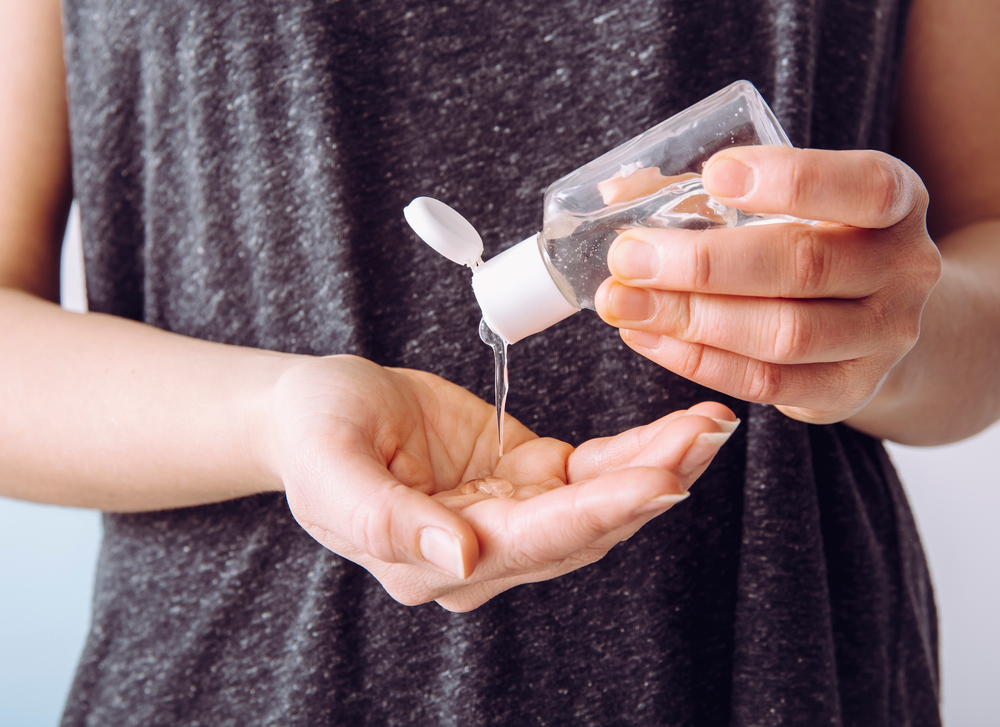We all try to follow healthy habits to feel our best. However, some wellness routines may actually wear us down over time. Instead of helping, they quietly stress our bodies, disrupt hormones, and drain our energy. Many of these popular health tips sound convincing, yet they don’t deliver the results we expect. In fact, they often leave us feeling worse. Rather than chasing every trendy suggestion online, we need to focus on what truly supports our well-being. Let’s break down which routines deserve your attention and which ones to reconsider. Your body knows what it needs, sometimes better than your favorite influencer.
Overhydrating Can Be Dangerous

Drinking water supports good health, but drinking too much can cause real problems. When you consume excessive water, your body loses the right balance of electrolytes such as sodium and potassium. As a result, this can lead to a serious condition called hyponatremia, which causes confusion, nausea, and even seizures in extreme cases. You may see people carry water jugs and track their intake as a daily badge of honor. However, more water does not always equal better health. In fact, even marathon runners have landed in the hospital for drinking too much. Instead, drink when you’re thirsty. If you sweat heavily, add a pinch of salt to your water. Listening to your body’s thirst cues works better than any generalized hydration rule.
Read More: The 8 Glasses a Day Myth: Here’s How Much Water You Should Drink Daily
The Myth of 10,000 Steps

Many people treat 10,000 steps a day like a sacred number, but that idea came from a 1960s marketing campaign, not from science. While walking improves health, recent studies show benefits begin around 4,400 steps, with noticeable gains leveling off at 7,500. Chasing that 10,000-step goal every day may cause unnecessary stress or even injury, especially if you force extra steps late at night. Instead, walk to feel good, clear your mind, or stay energized, not to satisfy an app. Choosing movement you enjoy will serve your body far more than hitting a number that sounds scientific but isn’t. Keep moving, but do it on your terms, not based on outdated wellness advice.
Plant-Based Without a Plan

Switching to a plant-based diet seems like a smart move. However, without a clear plan, this shift can leave you low on essential nutrients. Many plant-based foods contain iron and zinc, but your body absorbs these nutrients less effectively than those found in animal products. Some foods even block nutrient absorption altogether. You may start your journey with kale, tofu, and chickpeas, but after a while, fatigue, brain fog, or brittle nails might appear. That’s not your imagination, it’s your body asking for support. To make a plant-based lifestyle work, add variety, monitor your blood levels, and consider strategic supplementation. Rather than follow a trend blindly, take time to understand what your body truly needs to stay nourished and strong and create healthy habits.
Fasting Too Often

Fasting gets a lot of attention for its benefits, but pushing it too far can backfire. When you skip meals too often or fast for long periods, your body enters a stress state. Cortisol levels rise, muscle breaks down, and your metabolism slows. You might hear people rave about mental clarity on day two of a fast. Often, that’s adrenaline talking, not actual peace or focus. Moreover, frequent fasting can disrupt hormones, especially in women, leading to irregular cycles and low energy. Instead, treat fasting as a tool, not a permanent lifestyle. Pay attention to how you feel. If sleep, mood, or libido start to decline, it’s time to adjust. Eating when your body asks for fuel is not a failure. It’s a smart, sustainable habit.
Low-Fat Equals Low Hormones

For decades, many people believed low-fat eating was the key to health. Unfortunately, cutting out fat completely can damage your body’s ability to produce hormones like estrogen and testosterone. As a result, you may experience mood swings, fatigue, or even fertility problems. Often, low-fat products add sugar or artificial ingredients to make up for lost flavor. These substitutions may harm your health more than the fat ever would. Instead, choose real, whole-food fats such as olive oil, avocados, eggs, and fatty fish. These foods provide energy and support hormone production. Embracing healthy fats helps your body function at its best, especially when you aim for long-term well-being, not short-term weight loss.
Early Wake-Ups Without Sleep

Getting up early sounds productive. Motivational books and influencers praise 5 a.m. alarms as the secret to success. However, rising early without enough sleep can sabotage your health. When you sleep fewer than seven hours a night, your body misses the chance to repair. As a result, you may feel irritable, forgetful, or overwhelmed. Studies show that chronic sleep loss increases inflammation, weakens the immune system, and disrupts your mood. Instead of chasing early wake-ups, prioritize getting seven to nine hours of rest. Make going to bed earlier a healthy habit if you truly want to rise with the sun. Don’t sacrifice your health for a schedule that looks impressive on paper but drains your energy in real life.
Yoga and Meditation Can Be Escapism

Yoga and meditation offer real benefits. They reduce stress, improve focus, and support emotional health. But when used to avoid uncomfortable emotions or difficult situations, these practices lose their value. Some people use deep breathing and stretching to bypass conflict or suppress grief. This avoidance is known as spiritual bypassing. Although it may feel calm on the surface, it prevents you from healing beneath it. Instead of using these tools to escape, use them to connect. Let meditation ground you. Let yoga help you process emotions. Healthy habits should bring you closer to life, not farther away from it.
Over-Cleansing Your Skin

Wanting clean skin is natural. However, washing your face too often or using harsh products can cause damage. When you strip away your skin’s protective layer, you invite irritation, dryness, and breakouts. Many people believe squeaky-clean skin equals healthy skin. In reality, that tight, dry feeling signals that you’ve gone too far. Over-cleansing removes natural oils and beneficial bacteria that protect against infection and inflammation. Instead, wash your face once or twice a day with a gentle cleanser. Skip alcohol-heavy toners and abrasive scrubs. Your skin thrives on balance, not constant scrubbing. Listen to how it reacts, and adjust accordingly.
Biotin Overload Isn’t Necessary

Biotin supplements promise thicker hair and stronger nails. As a result, many people take them daily, hoping for visible results. However, most of us already get enough biotin through food. Extra biotin doesn’t always lead to better outcomes. In fact, high doses can interfere with lab results, including thyroid and heart tests. This creates confusion in diagnosis and delays proper care. Unless your doctor finds a deficiency, skip the supplements. Choose healthy habits with whole foods like eggs, almonds, seeds, and spinach. These offer biotin naturally, along with other essential nutrients.
Read More: 15 Habits to Help You Lose Weight While You Sleep
Ditching Gluten Without a Reason

Going gluten-free sounds like a smart way to improve digestion. However, unless you have celiac disease or gluten sensitivity, removing gluten may do more harm than good. Many gluten-free products lack fiber, iron, and other nutrients found in whole grains. Often, they contain extra sugar or starch to improve texture. As a result, you may end up with blood sugar spikes and reduced gut health. Instead of cutting gluten without a reason, focus on eating quality carbs. Brown rice, oats, and whole wheat bread offer nutrients your body needs.
Lemon Water Myths

Lemon water feels refreshing and gets a lot of credit for being healthy. Some people believe this healthy habit detoxifies the body or boosts metabolism. However, your liver and kidneys already handle detox without help from citrus. Drinking lemon water won’t hurt you, but it won’t cleanse your system either. Too much lemon can also erode tooth enamel due to its high acidity. If you enjoy the taste, go ahead and drink it in moderation. Just don’t expect magical results. Water alone hydrates and supports digestion. Sometimes, simple habits work best, without the extra hype.
Read More: 9 Daily Habits for Better Brain Health, According to Neurologists
Hand Sanitizer Overkill

Staying clean matters, especially during flu season or while traveling. However, using hand sanitizer too often can strip your skin of beneficial bacteria. This weakens your skin’s natural defenses and causes dryness or irritation. Some sanitizers also contain harsh ingredients that disrupt your skin’s microbiome. This makes your hands more vulnerable to infections and inflammation. Instead of applying sanitizer constantly, choose soap and water when possible. Save sanitizer for moments when handwashing isn’t available.
Natural Isn’t Always Safe

Many products advertise themselves as “natural,” hoping that label will earn your trust. However, not everything from nature is safe. Poison ivy is natural too, but no one wants it on their skin. Some herbal remedies interact with medications or cause side effects. Others may trigger allergies or worsen certain health conditions. Always check ingredients and talk to a healthcare provider before trying something new. Choose products based on evidence, not just packaging. Being cautious doesn’t mean being fearful. It means being smart.
Listen to Your Body, Not Just Trends

Trendy habits often promise better health, more energy, and quick fixes. But when they leave you drained, stressed, or unwell, something needs to change. Your body sends signals every day. Pay attention to how you sleep, how you feel, and what your energy tells you. Healthy habits should feel supportive, not punishing. Let go of routines that don’t serve you. Instead, build a lifestyle based on awareness, not hype.
Read More: These 9 Subtle Drinking Habits Could Be More Harmful Than Bingeing
